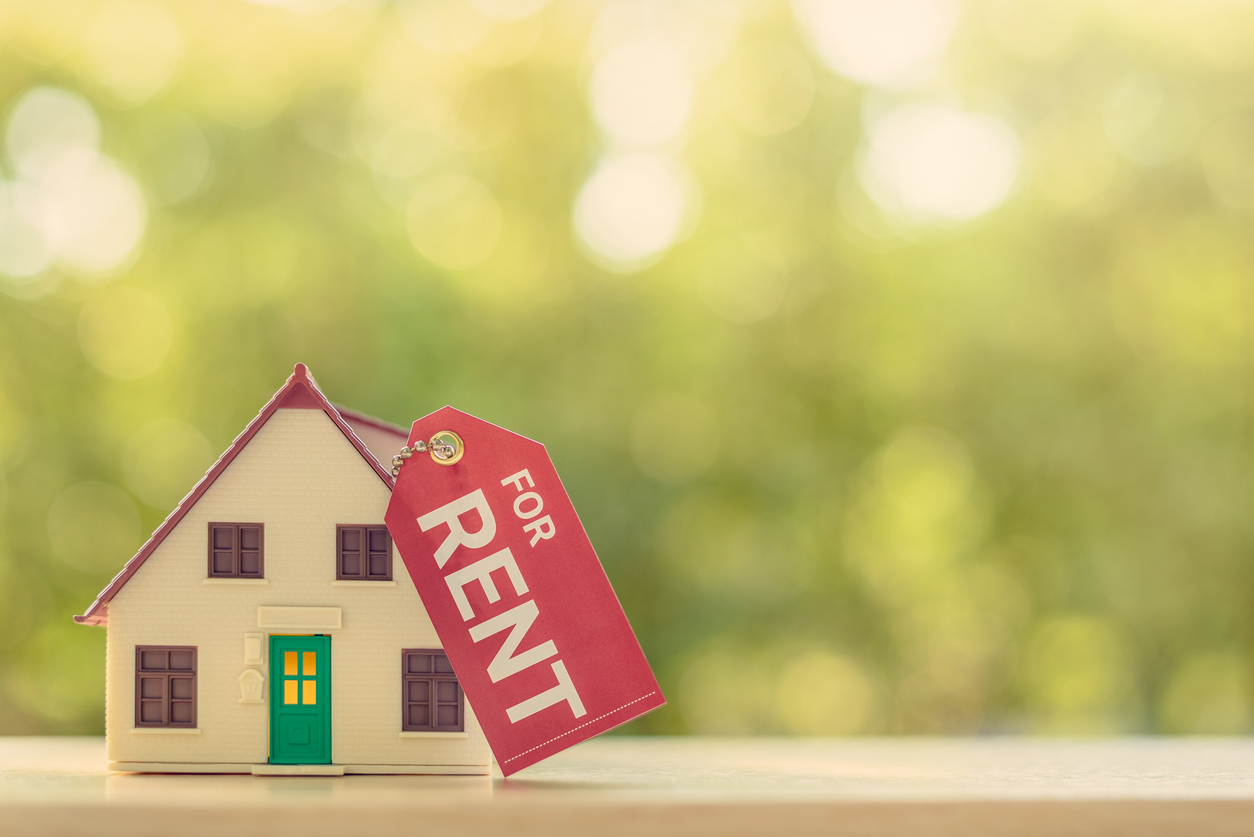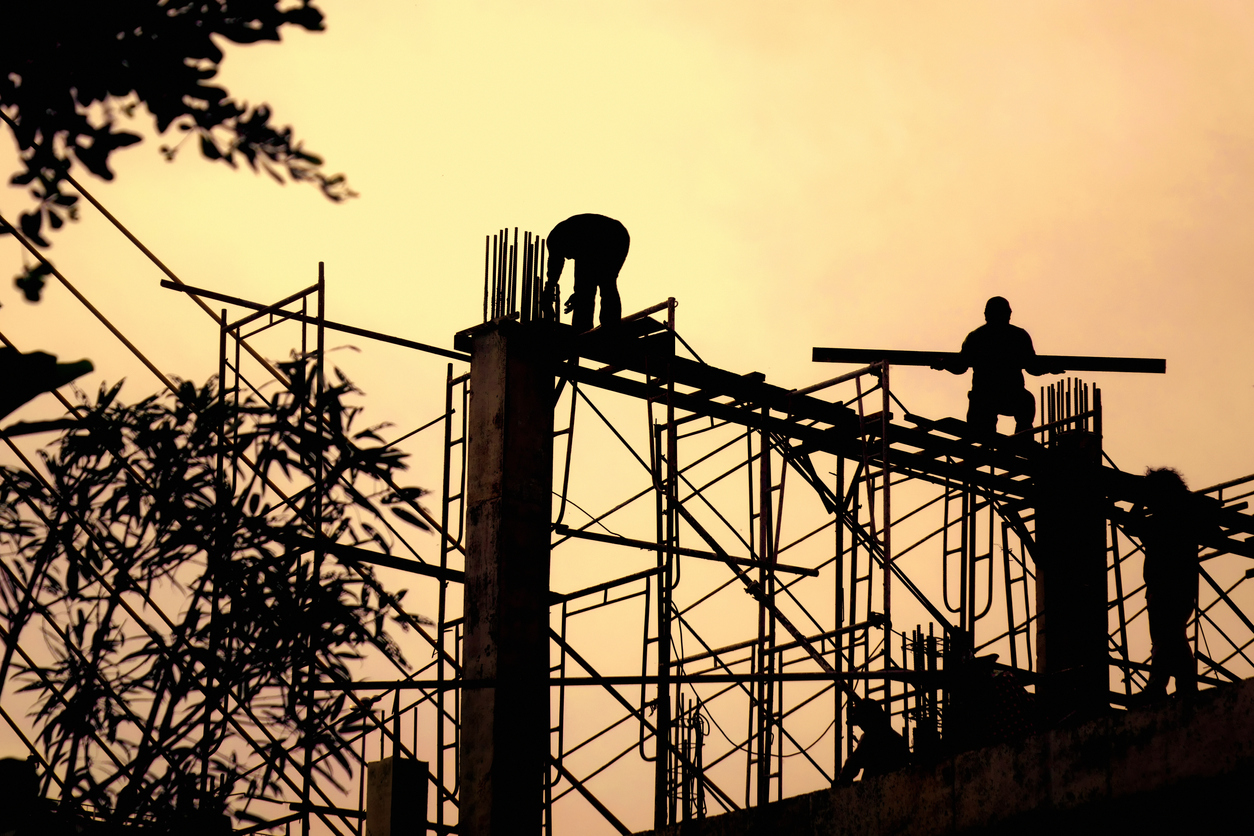Securing homeowners’ insurance for vacation homes is essential, and your clients must understand the process. Everyone wants a vacation home. But not everyone wants the liability hazards and vacant property risks that come along with them. Without keeping a close eye on things and taking proactive steps to prevent problems, homeowners may deal with a mountain of expenses and have to pay for costly compensation claims.
That’s why homeowners’ insurance coverage is a must-have for all who own or are considering buying a vacation home. In this article, we’ll talk about how vacation home insurance works.
What Is Homeowners’ Insurance For Vacation and Seasonal Homes?
Vacation home insurance covers the unique risks associated with owning a property used for recreational purposes rather than as a primary residence.
Instead of providing coverage for every possible scenario like a standard homeowners policy, vacation home insurance typically focuses on specific named perils, which may include:
- Theft
- Lightning
- Explosions
- Fire and smoke
Liability coverage is also commonly included in typical vacation home insurance. This coverage protects the homeowner if someone sustains a personal injury while on their property. It may also help pay for medical expenses and other rehabilitation costs.
If the homeowner already has a homeowners insurance policy for their primary residence, the insurer could extend certain coverages to the vacation or second home. This process simplifies the insurance process and ensures consistent protection across multiple properties.
Why Is It Usually More Expensive?
The insurance rates for these properties tend to be higher compared to primary residences due to various reasons:
Potential for Undetected Hazards
Homes that remain unoccupied for extended periods are more vulnerable to various damage that can go unnoticed. Issues such as leaks, burst water pipes, fires, and mold growth may occur and worsen without immediate detection or intervention.
Increased Risk of Burglary
Vacant or unoccupied homes are naturally more attractive to burglars, as there is less chance of encountering occupants or witnesses.
Location-Specific Risks
Properties in higher-risk areas, such as coastal regions prone to hurricanes and flooding or remote places surrounded by dense forests where wildfires are prevalent, may result in higher insurance premiums.
Moreover, homes that are off the grid and lack access to running water or electricity may also be riskier to insure, particularly if they rely on fireplaces or coal stoves for heating.
One strategy to decrease premiums is bundling policies with the same insurer, such as combining vacation home insurance with already-existing homeowners or auto insurance. Additionally, homeowners should inquire about discounts for safety devices like smoke detectors, fire extinguishers, carbon monoxide detectors, or deadbolt locks.
About Snyder Specialty
Snyder Specialty, LLC is a New York-based underwriting facility that provides a range of property and liability solutions for personal and commercial lines. Specializing in coastal properties and hard-to-place risks, Snyder Specialty expands your current capabilities with proven solutions for complex risks. Find out more about the company’s range of services by calling (718) 362-8039.


